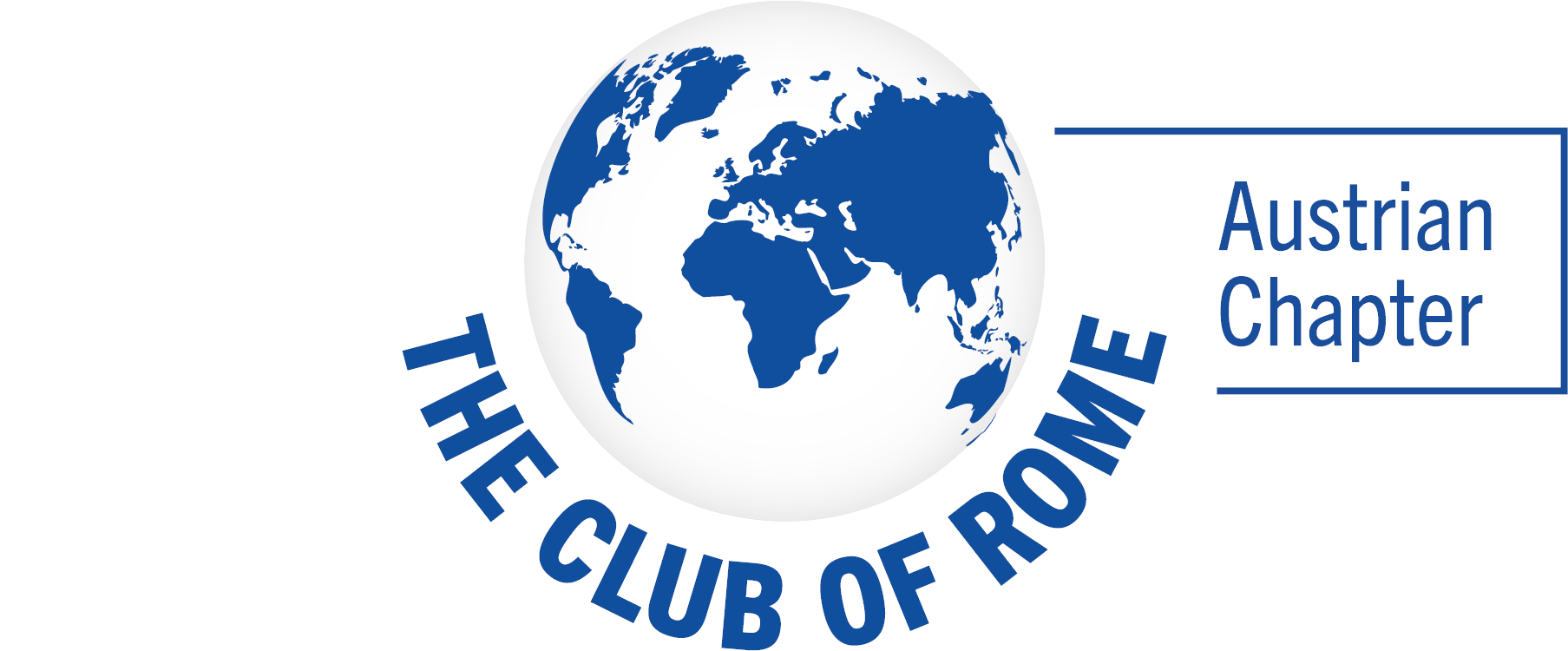On September 6, 2022, the German version of the latest report to the Club of Rome was published. Fifty years after the first report on the “Limits to Growth”, its title “Earth4all” is the program. “The dominant economic model is destabilizing societies. And the planet. It is time for change” is written on the website earth4all.life. And, “get involved!”
Similar to 1972, different scenarios were calculated, whereby it is important to emphasize: the Club of Rome did not make any predictions! The report describes and calculates scenarios, i.e. possible futures. Which one of them will actually come to pass depends on the behavior of people, their policies – and on the extent to which the scientists have succeeded in really capturing the essential factors of future developments in their equations.
So, what if nothing decisive happens? The authors call the “business as usual” scenario “Too little too late” (TLTL) and contrast it with a “Giant Leap” scenario (GL) “Giant Leap” shows how it could work. Greenhouse gas emissions would fall to net-zero, and per capita incomes would be as much as 13% higher than in the TLTL.
That much should suffice as a reading recommendation for now. A more detailed review of the book by our Vice President Fritz Hinterberger can be found here.
In the Austrian Chapter, we take the call “get involved!” seriously, anyway. The book must be reprinted two days after publication – the publisher obviously did not expect such a (also media) response. At the invitation of the Austrian Chapter, Till Kellerhoff, Jayati Gosh and Ernst Weizsäcker presented the report at the Ars Electronica Festival in Linz, after which Fritz Hinterberger moderated a panel with Maria Langsenlehner of the European Environmental Bureau and Green National Council Member Astrid Rössler on implementation at the European and Austrian levels.
Now we are concerned with disseminating the contents of the new report, but also with continuing to work with the insights gained in it. The topic of well-being has been occupying us for a year now. Nathalie Spittler is developing a system dynamics model for Austria at BOKU. We will be happy to keep you informed about the next steps – on this page and also with our newsletter, which you can subscribe to here.
It is important to us that system-dynamic thinking can not only support the calculation of scenarios but can also help everyone to organize thoughts and discussions about possible futures, to identify synergies but also possible contradictions in their ideas about the future. After all, in our “roadmap” for the rest of this decade, we set out to bring together stakeholders who have so far been insufficiently successful in working together toward the common goal of a sustainable future.
Therefore, this methodology is also to play an important role when it comes to developing positive images of the future, options for action and transformation paths for Austria and the Styrian Salzkammergut in the projects that have just begun.
